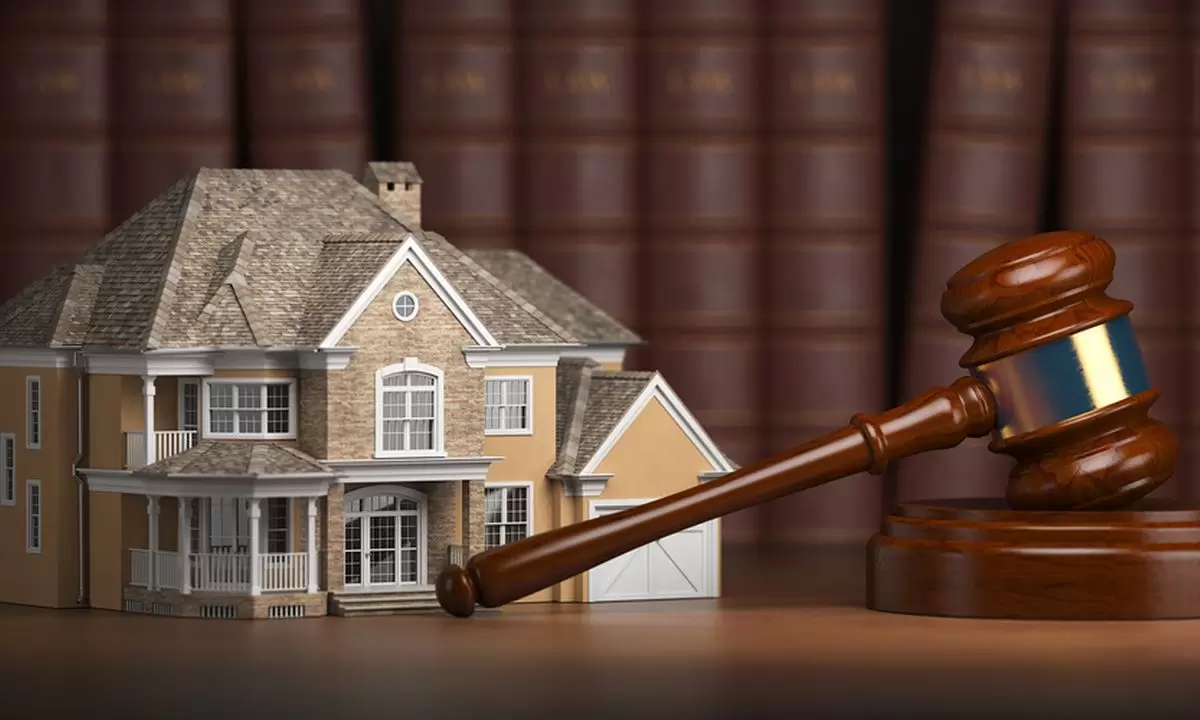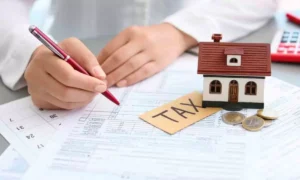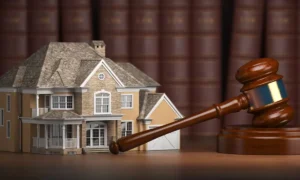Abandoned property laws outline the process for handling resources or assets. Whose ownership is no longer clear due to the previous owner neglecting, relinquishing, or losing control of the item. As ownership rights are a central tenant of property law. Property statutes aim to resolve ambiguous legal possession of unattended belongings based on established guidelines.
The statutes determine how long assets can sit unused before deemed abandoned, what evidence proves the owner’s intent to surrender control, and which government agencies or parties may claim custody of different types of unattended property going forward. These laws provide an important legal framework to resolve unclear or uncontested property rights regarding possessions left idle or unattended.
Understanding Abandoned Property
It refers to items or assets that have been left unused or unattended by their owner with no intention of retrieving them. When the property is truly abandoned, the ownership rights are given up by the previous owner. Various abandoned property laws define what is considered legally abandoned and the process for handling such properties.
Abandoned property comes in many forms, from tangible items like vehicles, boats, and buildings to bank accounts, safety deposit boxes, and uncashed checks. For property to be labeled abandoned, the owner must have relinquished their ownership rights through words or actions. However, leaving property unused for a while does not necessarily mean it has been legally abandoned. Most states have established time frames for determining when ownership is forfeited.
Some key factors that determine if the property has been abandoned include:
- The owner’s intentions: Did they explicitly state they no longer wanted the property through oral or written words?
- Length of time the property has been unused/unattended: Timeframes vary by state but are typically 1-5 years.
- Owner’s actions: Did they stop maintaining or making payments related to the property?
- Circumstances of how the property was left: Was it discarded, forgotten, or lost versus remaining in the owner’s possession through renting or storage?
Property is not automatically abandoned just because the owner is not currently using or present with the item. States require proof that the owner meant to give up their ownership claim consciously. Once deemed abandoned, the property enters the possession of the party who takes custody, usually a state agency.
Types of Abandoned Property
Some common types of property include:
- Vehicles: Cars, trucks, boats, RVs, aircraft, or other motor vehicles parked on public property for a statutory period.
- Real estate: Vacant land, buildings, or other structures whose owner cannot be located or fails to pay property taxes.
- Safety deposit boxes: Contents of bank safety deposit boxes whose rental fees are overdue by several years with no contact from the renter.
- Business assets: Machinery, equipment, inventory, or other property left behind by a defunct company.
- Bank accounts: Dormant checking/savings accounts, stocks/bonds where transactions/contact ceased for several years.
- Lost or misplaced property: Tangible items like luggage, jewelry, or equipment are left in safekeeping with no return instructions.
The legal process and rights involving each type of abandoned property can differ, as various agencies may handle different categories of unattended assets. Overall abandoned property laws aim to protect owners’ interests while also allowing unused assets to serve new beneficial purposes over time.
Benefits of Abandoned Property
While property signifies lost or discarded items, laws around its handling serve important purposes. When ownership is relinquished, abandoned assets can be repurposed to benefit new parties or the public interest.
- Returned to productive use: Vacant buildings, vehicles, or equipment may be reclaimed, repaired, and put back into service rather than sitting idle. This stimulates the economy.
- Returns lost assets: Through state unclaimed property programs, abandoned bank accounts, shares, or safe deposit box contents are cataloged in hopes of reuniting owners. Over $3 billion has been returned.
- Provides local revenue: Municipalities may auction repairable abandoned vehicles or raze eyesore buildings for materials, gaining funds without tax increases.
- Prevents squatting: Without clear ownership, abandoned properties could face trespassing or adverse possession claims. Laws avert illegal occupation of unattended assets.
- Environmental protection: Hazardous materials in deserted industrial sites or polluted waters must be remediated to prevent health risks. Agencies ensure proper maintenance of unoccupied properties.
- Discourages deregulation: If companies could simply abandon facilities with impunity, communities may be left with expensive environmental cleanups. Regulations incentivize responsible asset disposal.
Retrieving Abandoned Property
For property owners seeking to reclaim assets deemed abandoned, the process varies based on the type of property and jurisdiction. Some general guidelines:
- Contact local authorities: Check with police/sheriff for any impounded vehicles, buildings under code enforcement, or other tangible items in government hands.
- Search unclaimed property lists: Every state maintains a database of abandoned financial assets like bank accounts, payroll checks, stocks, and safe deposit box contents.
- Provide ownership proof: Authorities will require documented evidence like titles, contracts, receipts, or acquaintances to verify an ownership claim.
- Pay applicable fees: Storage, towing, or repair charges may need settling if the abandoned property incurred any costs while in government custody awaiting a rightful owner.
- Adverse possession: can sometimes apply to vacant real estate allowing squatters property rights after many years of occupancy, though most states set high bars on payments and improvements.
The goal is reuniting rightfully abandoned assets with their owners when possible while establishing statutory timeframes and procedures to allow unclaimed properties to benefit the wider community over endless limbo without a legal possessor. Provable owners generally retain restoration priority promptly.
Conclusion
Abandoned property laws serve an important role in clarifying ownership of assets whose legal status is unclear. By defining abandoned property and outlining a process for government agencies or new custodians to lay claim. These statutes aim to balance the rights of previous owners against the need to productively reuse or safeguard unattended resources.
Whether it’s a long-lost safety deposit box, derelict building site, or dormant bank account, abandoned property statutes establish uniform timelines and procedures to resolve ownership in a way that is fair to all parties involved over time. This dynamic legal framework works to return lost assets to their rightful owners. When possible, while also preventing resources from sitting idle indefinitely in legal limbo.
Well-defined abandoned property laws benefit individuals, businesses, and communities. Repurposing vehicles, equipment, and facilities that have been left unused spurs economic activity. Cataloging financial accounts and contents helps reunite owners. Outlining custodianship prevents issues like trespassing, squatting, or environmental damage on unattended assets.
As technology and business practices continue evolving rapidly, property statutes must also adapt accordingly. But their core aim remains ensuring ownership ambiguity doesn’t preclude idle assets from serving productive new purposes. When reasonably detached from any present owner’s control or intent. A balanced system fosters efficiency while respecting property rights for all.
FAQs
Abandoned land refers to real property such as plots of vacant land, buildings, or other structures whose owners relinquished ownership rights. Either voluntarily through explicit statements or involuntarily through extended lack of use, payment of taxes, or other obligations of property ownership as determined by state law.
In the UK, the law of abandonment is governed by common law doctrine rather than statutory law. For personal property to be considered abandoned, the owner must voluntarily relinquish possession and intent to reclaim it. There is no fixed period intent is determined based on the owner’s words and actions. For real property, adverse possession rights can be gained by open and continuous occupation for 10-12 years depending on the UK territory.
In Delaware, most types of personal property are considered abandoned or unclaimed after 3 years of inactivity or lack of contact from the owner. This includes bank accounts, safety deposit boxes, payroll checks, stocks/bonds, and other intangible assets. For real property such as vacant buildings or land, a single period of abandonment is not determined by the owner’s intentions.










